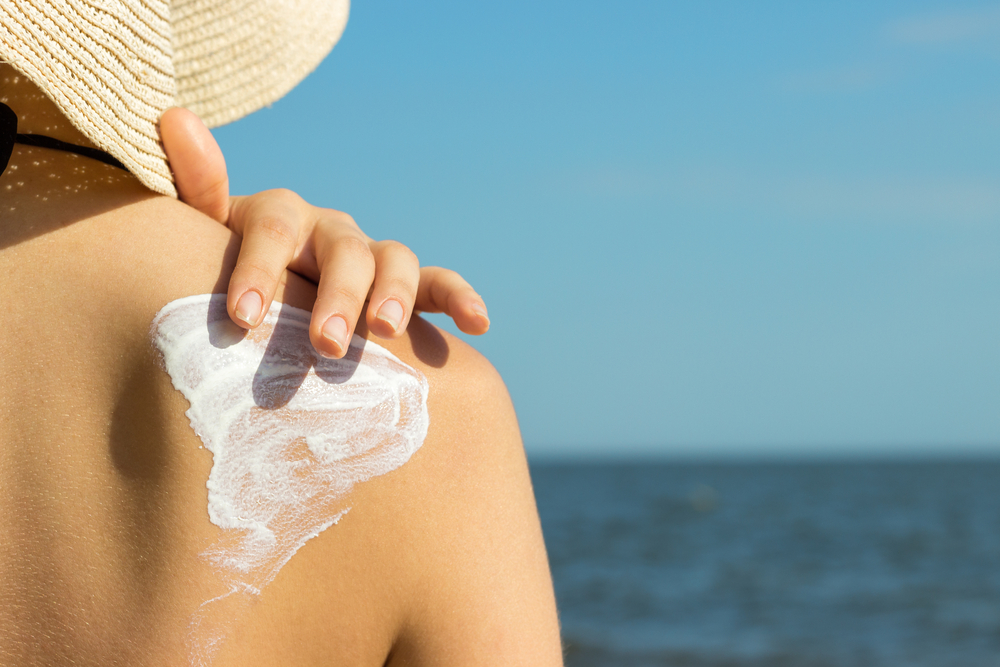Sunburns are a common summer condition that are caused by overexposure to the sun’s ultraviolet (UV) rays. While it may be well-known that too much time in the sun without the proper protection can lead to sunburn, did you know that other factors can contribute to increased risk? Certain medications can make your skin more sensitive to sunlight. In this blog post, we’ll explore how certain medications can increase the risk of sunburn and discuss the importance of sun protection.
For same-day sunburn treatment, visit the walk-in clinic at HealthPlus Urgent Care. Our team of medical providers specialize in diagnosing and treating a wide range of conditions. Simply walk into the clinic! If you wish to plan your visit in advance, you can schedule an appointment online below.
How Can Medication Increase Sunburn Risk?
Certain medications contain chemicals that react with UV light, leading to skin reactions like sunburn. These medications are categorized as “sun-sensitizing drugs.” They work by making the skin more vulnerable to UV rays, which can cause a more severe sunburn that expected. The reaction can cause redness, rashes, and blisters on the skin after sun exposure. It’s always best to consult with a healthcare professional about your specific medication and whether it falls into this category.
Just some of the common sun-sensitizing medications include:
- Antibiotics, including doxycycline
- Antidepressants
- Anti-inflammatory drugs
- Antihistamines
- Retinoids
Tips For Sunburn Prevention
If you are taking medications known to increase photosensitivity, it’s crucial to take extra precautions in the sun. Prevention is always better than treatment. To minimize the risk of sunburn and protect your skin, be sure to wear protective clothing. Choose long-sleeved shirt, pants, and wide-brimmed hats to shield your skin from direct sunlight. Be cautious of your hands, as they can also sustain painful sunburns easily. Always use sunscreen with an SPF of 30 or higher. Apply it generously to all exposed skin areas throughout the day.
Furthermore, it’s a good idea to stay inside or in the shade during peak sunlight hours. This is typically between 10am and 4pm, when the sun’s rays are the strongest. It’s important to note that sunlight is not the only source of UV rays. Tanning beds also pose dangerous risks for sunburn and should be avoided. Being extra cautious when taking sun-sensitizing medications is essential for long-term skin protection.
When Should You Seek Medical Attention for a Sunburn?
When it comes to mild sunburns, they can often be treated at home. However, these medications can cause sunburns to become severe and cover a large area of your body. It’s important to consult a healthcare provider for appropriate evaluation and treatment. Sunburns can develop into more severe conditions, like sun poisoning. If you’re experiencing any flu-like symptoms, such as fever, chills, or nausea, seek immediate medical care. It’s always best speak with a professional, so you can minimize the risk of sunburn-related complications and long-term skin damage!
If you need sunburn relief, visit the walk-in clinic at HealthPlus Urgent Care. Severe burns can lead to more serious complications if left untreated. At HealthPlus, a provider can assess the severity of your condition and provide the appropriate treatment. We accept most major health insurance plans and offer low-cost care for any self-paying patient. Just walk-in today! If you have further questions about sun-sensitizing medications, or other ways to prevent sunburn, please call us directly at (978) 905-6231.

